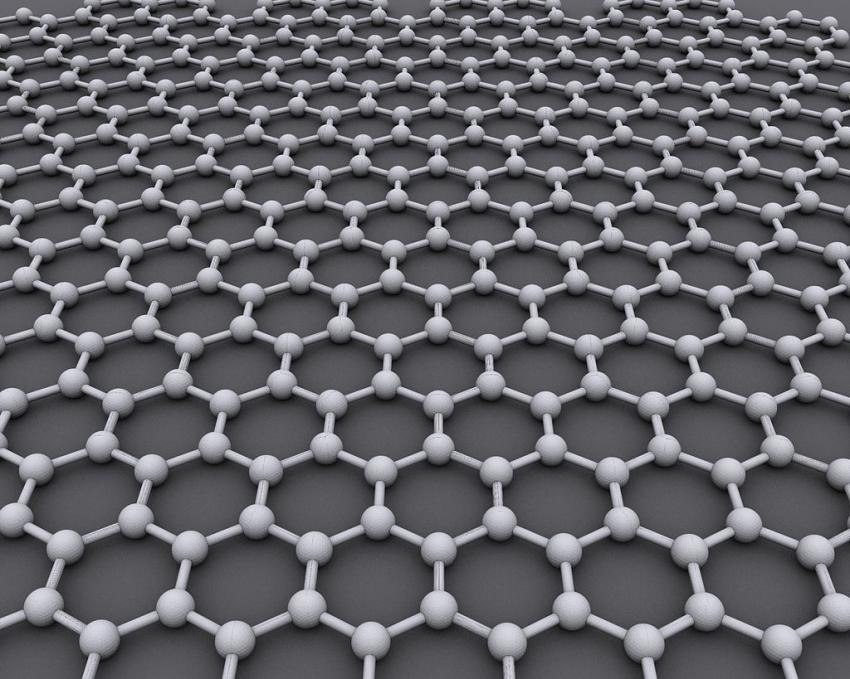Researchers at The University of Manchester in the UK have discovered that the Hall effect—a phenomenon well known for more than a century—is no longer as universal as it was thought to be.
In the research paper published in Science this week, the group led by Prof Sir Andre Geim and Dr. Denis Bandurin found that the Hall effect can even be signifcantly, if electrons strongly interact with each other giving rise to a viscous flow. The new phenomenon is important at room temperature—something that can have important implications for when making electronic or optoelectronic devices.
Just like molecules in gases and liquids, electrons in solids frequently collide with each other and can thus behave like viscous fluids too. Such electron fluids are ideal to find new behaviours of materials in which electron-electron interactions are particularly strong. The problem is that most materials are rarely pure enough to allow electrons to enter the viscous regime. This is because they contain many impurities off which electrons can scatter before they have time to interact with each other and organise a viscous flow.
